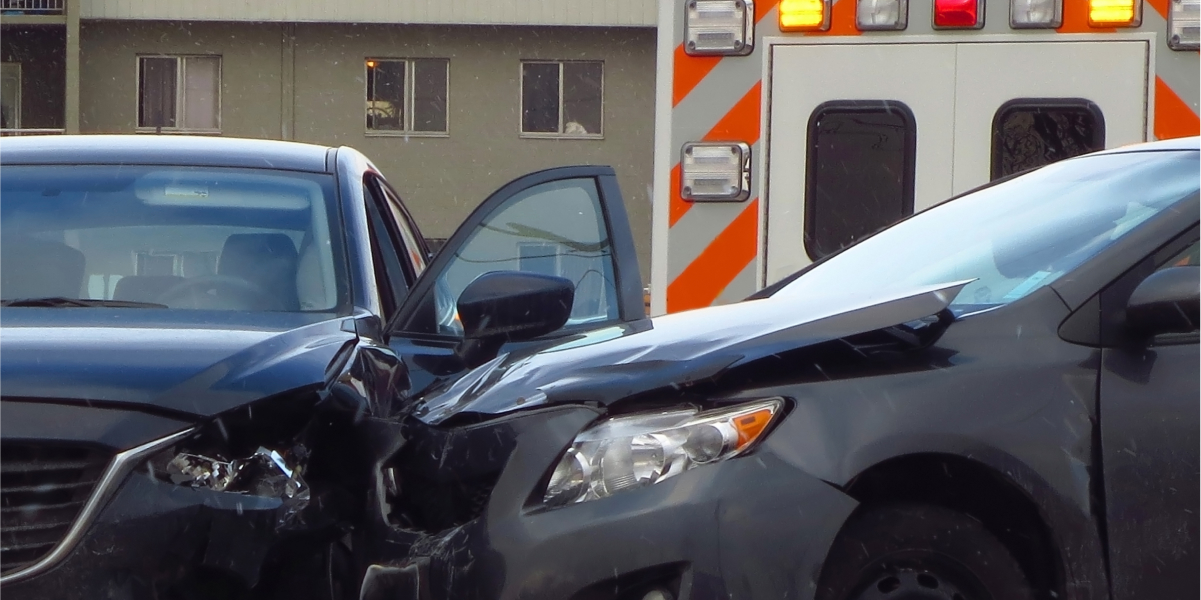With schools out for the summer, parents need to be hyper-vigilant about the safety of their teen behind the wheel. The hundred most dangerous days for teen drivers are during the period form Memorial Day to Labor Day. During this period in 2012, almost 1,000 people died in crashes involving teen motorists, and 550 of those who died in auto accidents were teens according to the National Safety Council (NSC), which analyzed National Highway Traffic Administration (NHTSA) crash data.
Car crashes are the leading cause of death for teens in the U.S., and inexperienced teen drivers are three times more likely to be involved in a collision than older drivers. While the NHTSA data does not indicate the cause of the sudden rise in teen driving fatalities during the summer, the NSC speculates that the increase might be related to a number of factors:
- Transportation of Peers: Teen drivers might be providing rides to their peers at a higher rate while engaging in summer recreational activities. The risk of a teen driver being involved in a fatal collision increases by 44 percent when peers are in the vehicle.
- Late Night Driving: Because school is not in session, parents might be more liberal in terms of curfews. Late night hours constitute the most dangerous time for motorists to be on the road because of a higher number of drunk drivers, higher risk of drowsy driving and diminished visibility.
- Increased Roadway Traffic: The number of drivers on the road spikes during the summer as people travel for vacations and summer activities. The Federal Highway Administration reports that U.S. drivers traveled over 780 billion miles between June 1 and August 31 in 2013.
- Excess Speed: Because the weather is better and road conditions are favorable, inexperienced drivers might feel more comfortable exceeding the speed limit.
- Recreational Driving: Teen driving tends to be more recreational during the summer as opposed to simply driving back and forth to school. This type of driving can mean more distractions and high risk driving behavior.
- Alcohol Use: When teens are enjoying summer activity throughout the week, they might be more inclined to consume alcohol during weekdays. If teens must deal with school the next day and school night curfews, they might be less likely to drink.
Parents might be skeptical about the extent to which they can alter their teen’s driving behavior, but parent intervention and involvement can go a long way toward keeping teens safe. “While state laws allow teens to drive, parents have the opportunity and the obligation to establish ground rules and expected behaviors for safe driving. Parental engagement improves the odds for young drivers returning home over the next 100 days,” according to the president and CEO of the NSC.
Put Our Law Firm’s Over 39 Years of Legal Experience to Work For Your Case
If you or some close to you has been injured in an auto accident in Atlanta, you might be entitled to financial compensation for your injuries and loss. Montlick Injury Attorneys’ Georgia and Atlanta auto accident attorneys have been representing those who suffer serious injuries throughout all of Georgia and the Southeast for over thirty years, including but not limited to Albany, Athens, Atlanta, Augusta, Columbus, Gainesville, Macon, Marietta, Rome, Roswell, Savannah, Smyrna, Valdosta, Warner Robins and all smaller cities and rural areas in the state. No matter where you are located our attorneys are just a phone call away, and we will even come to you. Call us 24 hours a day/7 days a week for your Free Consultation at 1-800-LAW-NEED® (1-800-529-6333). You can also visit us online at www.montlick.com and use our Free Case Evaluation Form or 24-hour Live Online Chat.


